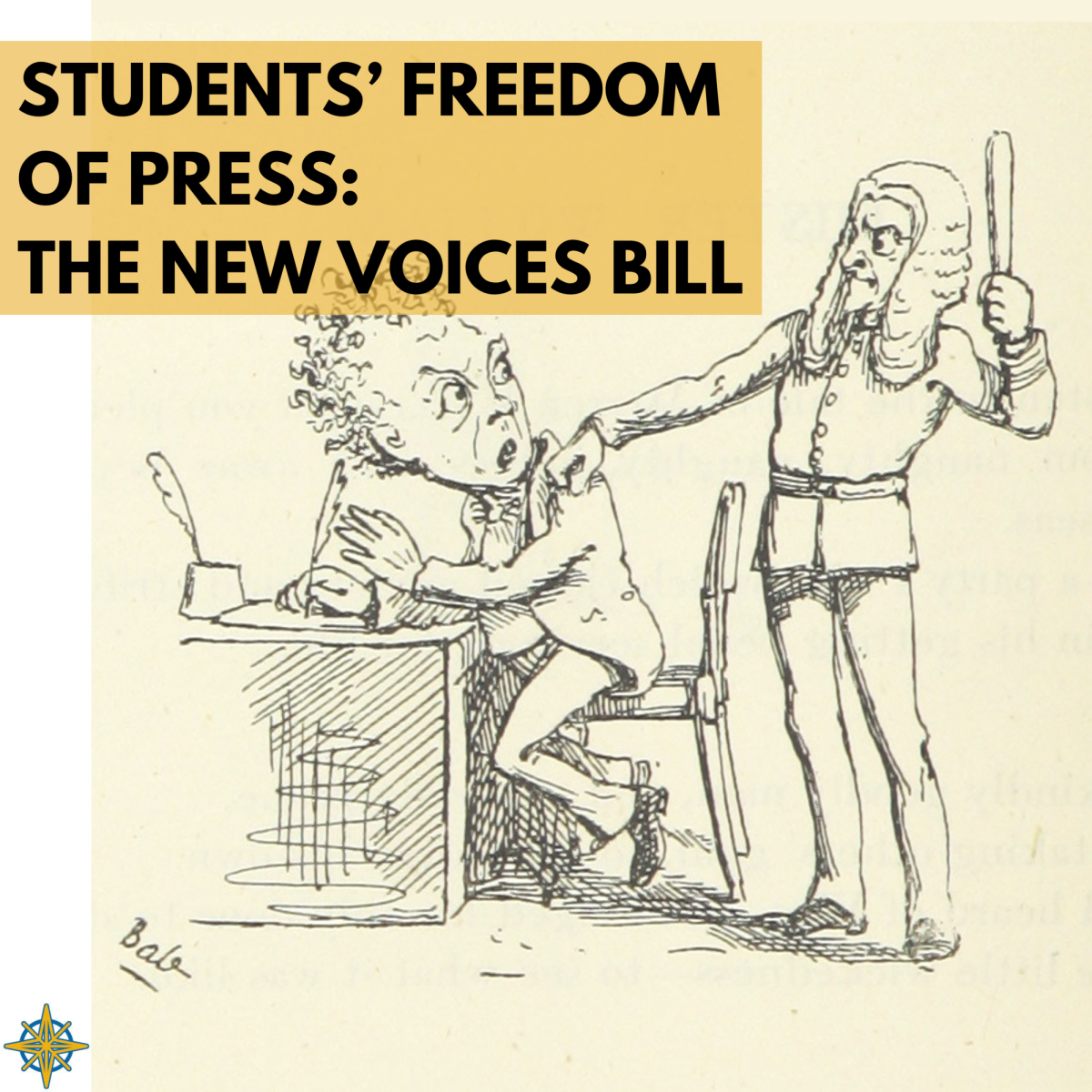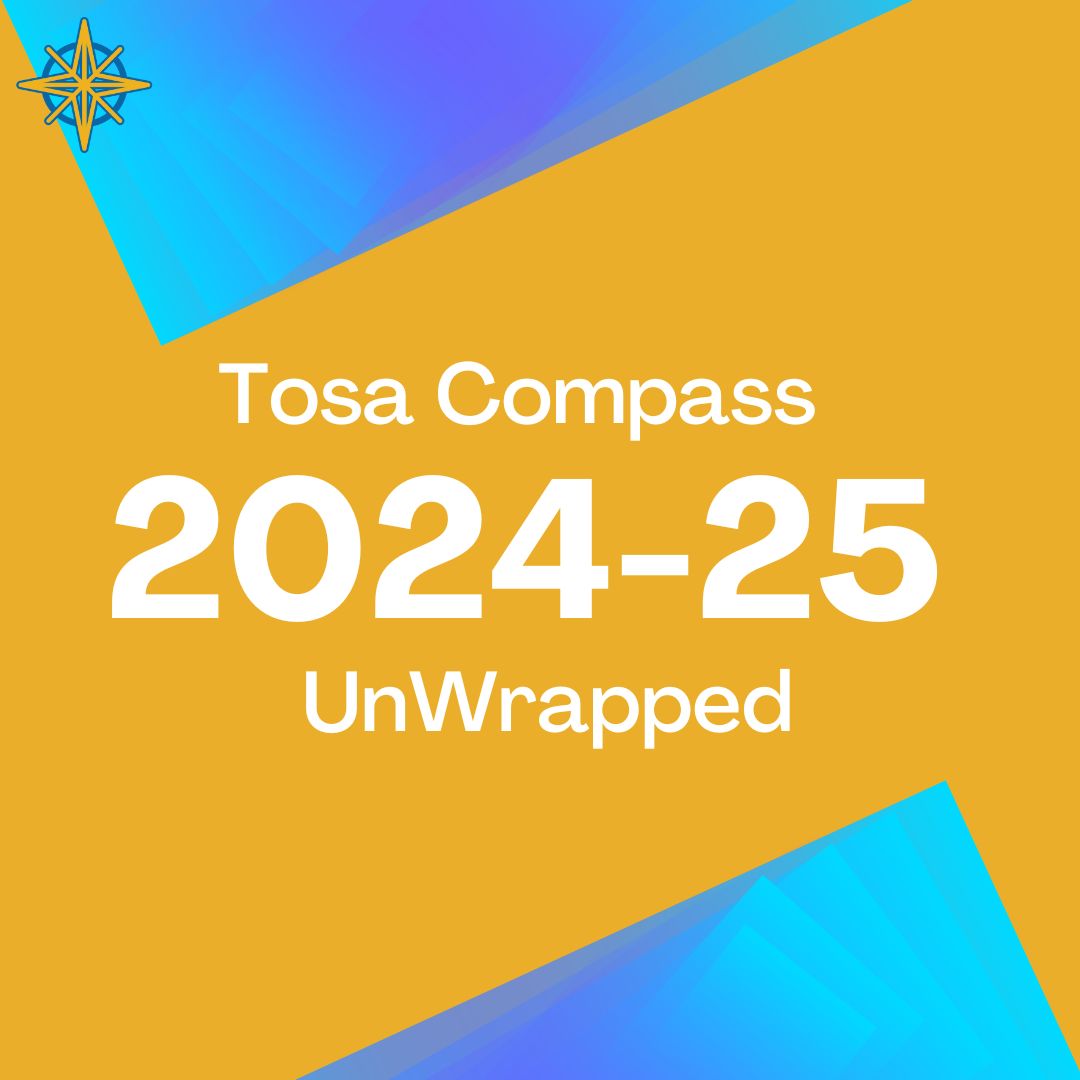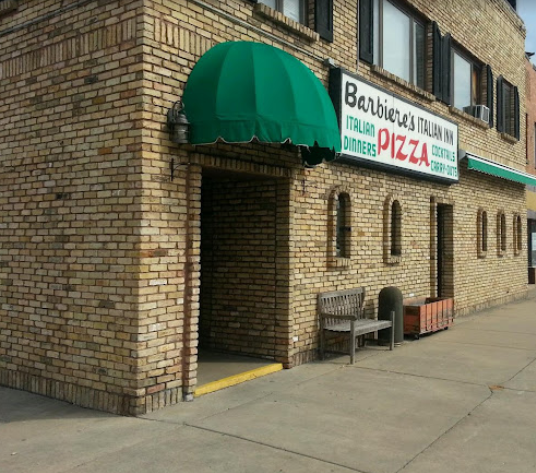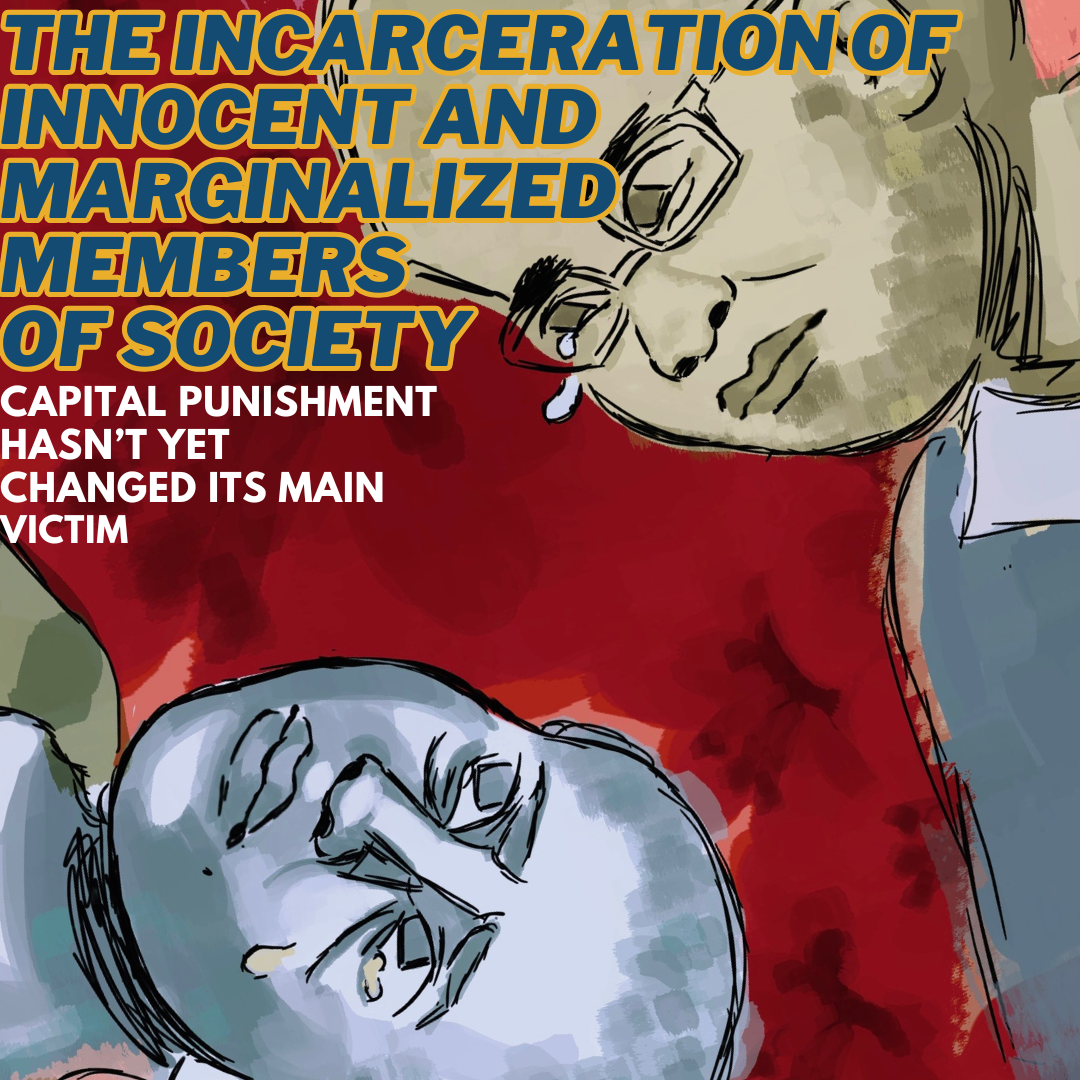Abe Fortas famously wrote in the case of Tinker v. Des Moines, “It can hardly be argued that either students or teachers shed their constitutional rights to freedom of speech or expression at the schoolhouse gate.” If public school students have the freedoms of speech, expression, religion, protest, and petition, it begs the question: why not the freedom of the press?
Three Wisconsin lawmakers recently proposed a bill, known as the New Voices Bill, that aims to protect the freedom of the press for K–12 students, along with students of the University of Wisconsin System and state technical colleges. The bill would prevent public school administrators from censoring “any material that is prepared, substantially written, published, or broadcast, in any media, by a student journalist at an institution.” However, there are exemptions provided for substantially harmful content such as libel, unwarranted invasion of privacy, violations of state or federal law, or statements that incite students to disrupt the orderly operation of a school.
This legislative endeavor is more than just a bill; it’s a necessary next step in the crusade of student rights and a challenge to the status quo created by Hazelwood School District v. Kuhlmeier. As ruled in Hazelwood, school administrators have the right to censor student journalists when “reasonably related to legitimate pedagogical (teaching) concerns.” As a result of the ruling’s exceedingly vague wording, essentially anything they want censored can be. The case opened the doors to a wide variety of topics being censored, typically on arbitrary grounds, oftentimes because they are embarrassing to the school or because adults simply don’t want them discussed.
In fact, as recently as July 2023, an example of this dangerous precedent was illuminated at Northwest High School in Grand Island, Nebraska, where the school newspaper was shut down after publishing a series of pro-LGBTQ articles in connection with the school’s decision to require students to be referred to by their name assigned at birth. This overstepping act of retribution, for merely causing slight embarrassment to the administration, is indicative of the problems resulting from the Hazelwood decision.
Free, independent media is a cornerstone of a functioning society, and student journalists are an often overlooked yet crucial part of our media landscape. We shed light on under reported issues, ones that are either considered insignificant or unprofitable. Our exposure of pertinent perspectives to not only our peers but our entire communities is just as important as the reporting that the privately funded news media does. We also offer an alternative to the traditional top-down media, presenting a grassroots approach to journalism and challenging the outrage-fueled news cycle.
As both students and journalists, we are uniquely equipped to highlight the problems and successes of our educational institutions. We are able to observe, on a daily basis, the dysfunctions, accomplishments, mistakes, and controversies of our communities’ most important public service. At times, we are the only ones that can accurately represent and communicate the facts and attitudes surrounding the circumstances in our school districts. We are a crucial cog in local government, providing constituents with information that allows them to make informed evaluations and decisions.
Unfortunately, when students fear censorship and retaliation from their school, that small part of the large cornerstone of society begins to crumble, and the benefits that student journalists provide are washed away. As minors, we may not be able to vote, but we can still effect change with our voices. The school newspaper is our most effective apparatus to amplify our voices and make ourselves heard.
It is time that students are guaranteed the full spectrum of their first amendment rights, and because the Supreme Court was unwilling to, it has now become the responsibility of state legislatures to do what they know is right. So far, 17 states have extended the freedom of the press to students, and hopefully Wisconsin is on track to join that list. This cause is not just for the sake of students, or even teachers, but also for the sake of parents, families, communities, and our nation as a whole.
You can support The New Voices Bill in Wisconsin by contacting your legislator HERE or by visiting splc.org/new-voices
If you are interested in reading the proposed bill you can find it HERE









